Two UBC professors help us map out small changes that can make a big difference.
Greening a household involves a complex combo of tiny everyday choices and larger, more philosophical ones. From eliminating certain materials to embracing energy efficiency from basement to roof, there are endless opportunities to reduce one’s consumer footprint on the home front. Here, Dr. Hannah Wittman and Dr. Jiaying Zhao — respectively, a professor and associate professor at the University of British Columbia’s Institute of Resources, Environment and Sustainability — divulge a few of the most high-impact ones.
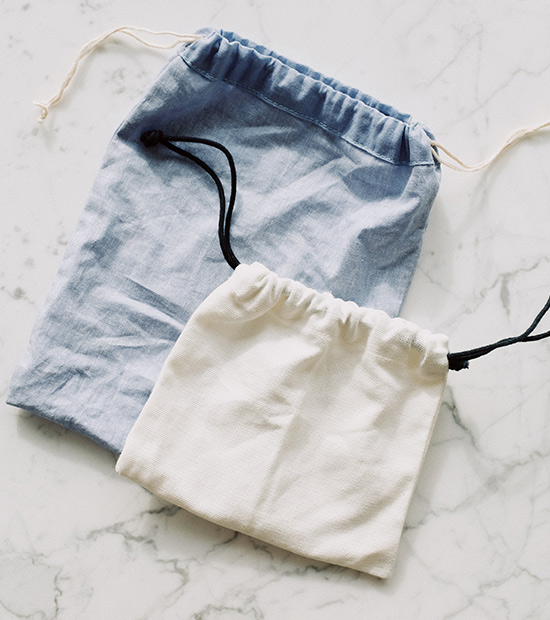

Calculate It
The first step in reducing your consumer footprint is to find out how large it really is. Dr. Wittman recommends “spending five minutes” and visiting footprintcalculator.org, a site with an easy-to-navigate quiz that inventories your engagement with environmental stressors — meat-heavy diets, high trash output, and even the material composition of your housing. “I make my students do this every year,” Wittman says. “It just says, ‘Here’s where you are.’ And you can adjust each variable to see how it changes your impact. It’s very powerful.”
Lower Your Energy
A home’s very infrastructure can be a massive source of energetic waste — right down to its lightbulbs. One of the simplest ways to mitigate your output is to replace your regulation bulbs with LED models, which use up to 75 percent less energy than the incandescent variety. (Now, they’re even available in festive holiday string-light format.) Some more invasive overhauls include switching energy providers to a company more reliant on renewables, shelling out for triple-paned windows, and repairing any leaky insulation, as heat loss, Wittman says, is the largest source of household energy waste in the long term.
Ditch the Plastic
If the Canadian government can phase out single-use plastics, so can you. “Those are materials we should avoid as much as we can,” Dr. Zhao says, whether in the form of straws, beauty products, or birthday-gift wrap. Dr. Wittman, an admitted Amazon user whose most recent haul arrived in “four packages and two vans,” recommends a standing policy of gifting experiences rather than excessively packaged physical objects — a particularly relevant nugget to consider around the holidays.
Know When to Fold ‘Em
Speaking of plastics, Dr. Zhao says a troubling amount of microplastics is leeched out into our water systems during the laundry process, due to fibres shedding in the wash. Examine the composition of your clothing — and skew as close to an all-cotton policy as possible. Wittman also suggests investing in a drying rack to minimize your wardrobe’s wear-and-tear and save power sucked up by your dryer. “It also humidifies the air in the winter, which is nice.”
Travel Light
COVID-19 has certainly made it easier (and occasionally mandatory) to stay in, but reducing out-of-home travel is one of the easiest ways to see your emissions (and gas expenses) nosedive. Wittman recommends embracing a hybrid model of commuting, which means working from home as much as your employer will allow. Airplanes are notoriously pollutive, so Wittman also suggests perfecting the fine art of staycation-ing where possible.
Get Involved
While it’s important to get family buy-in on greener laundry practices, Dr. Wittman underscores the importance of mobilizing your household in a political sense. Becoming active in a local climate-justice organization or voting for candidates that invest in solar wind — and other forms of green energy — rather than projects like the Trans Mountain pipeline is a way of using the micro to change the macro. “Collective action will actually be much more effective at reducing emissions, then, you know, my teenager’s decision to turn off the lights each day — or not,” Wittman says.
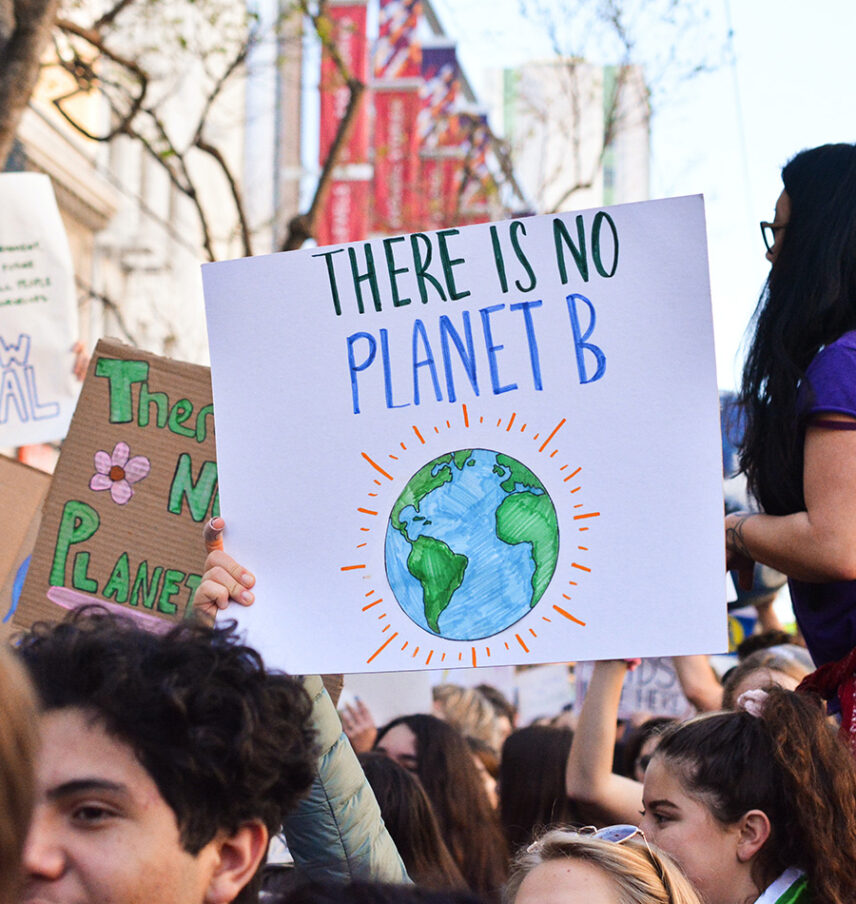
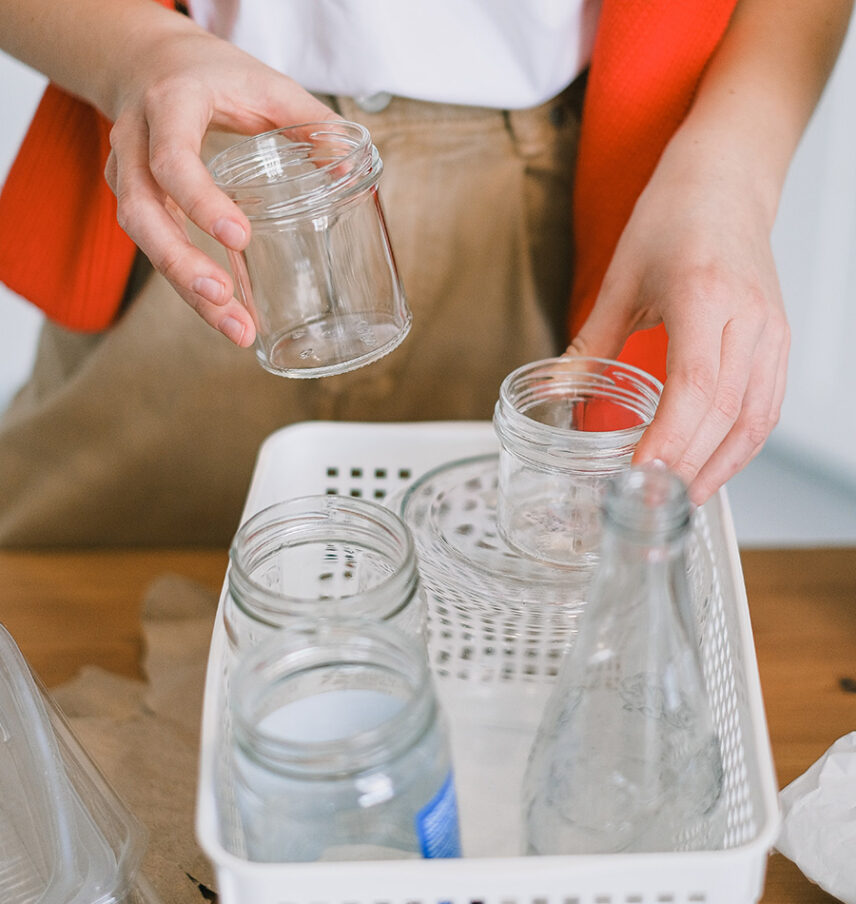
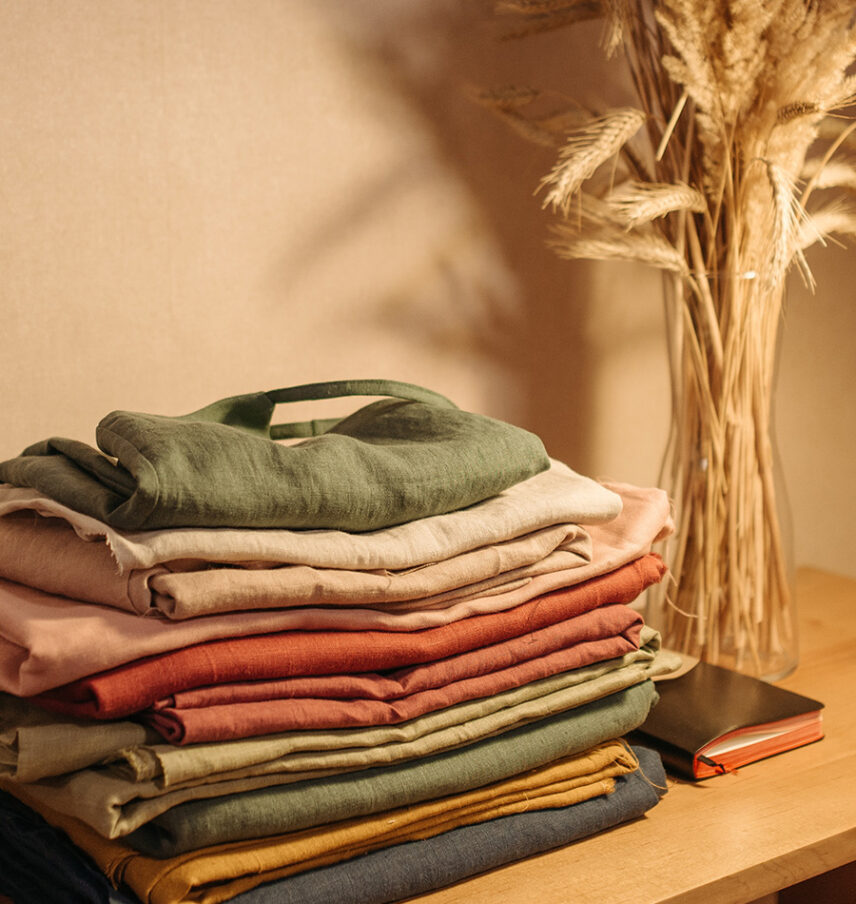
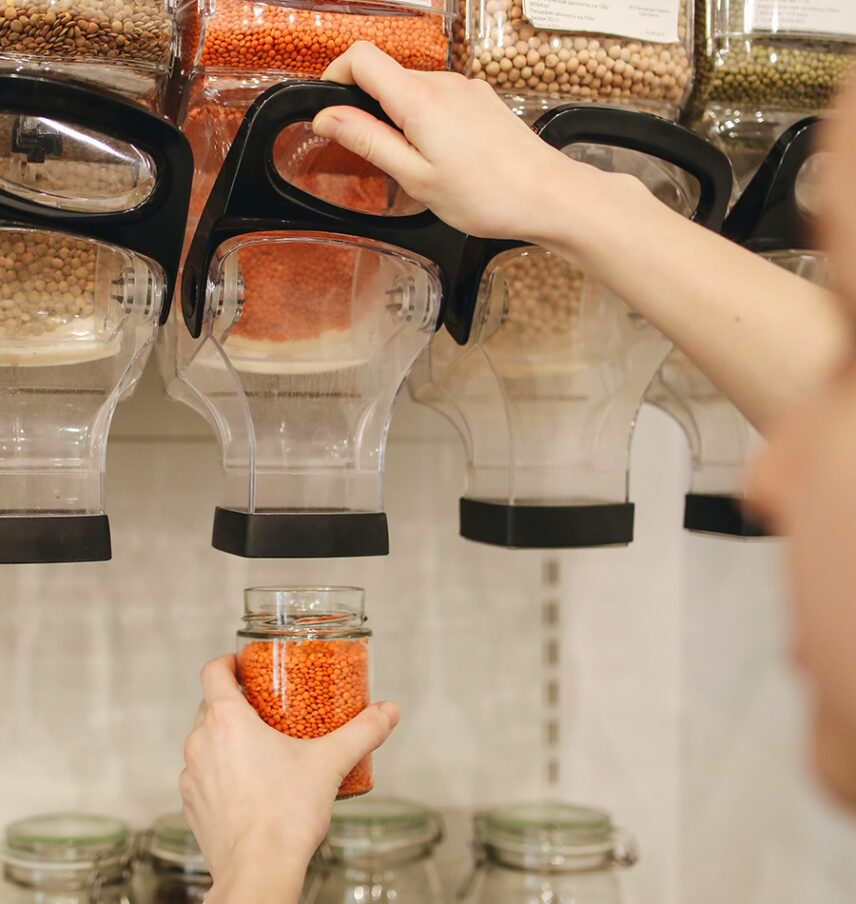

Read More
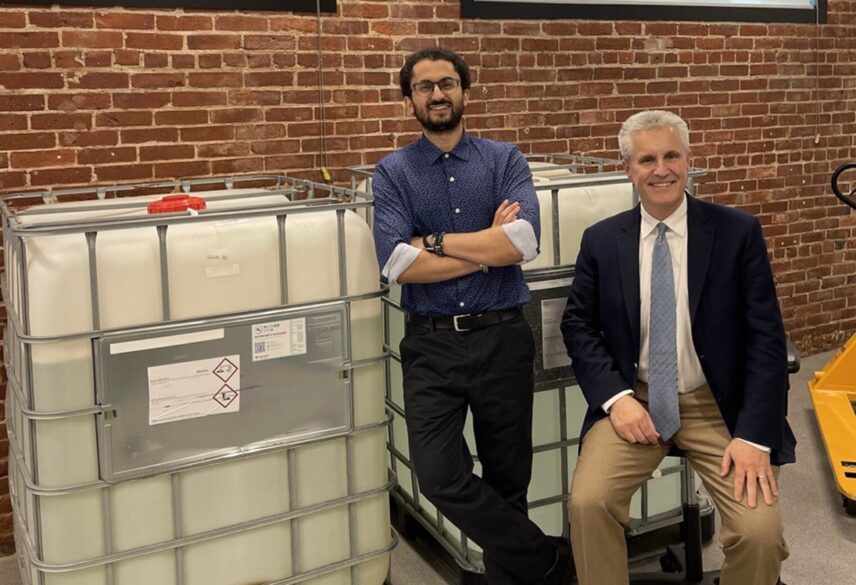
Podcast | Mar, 2025
Episode 74: Mo Alkhadra, Lithios
Lithium demand is skyrocketing, but traditional extraction methods are water-intensive, expensive, and slow. That’s where Lithios comes in. In this…
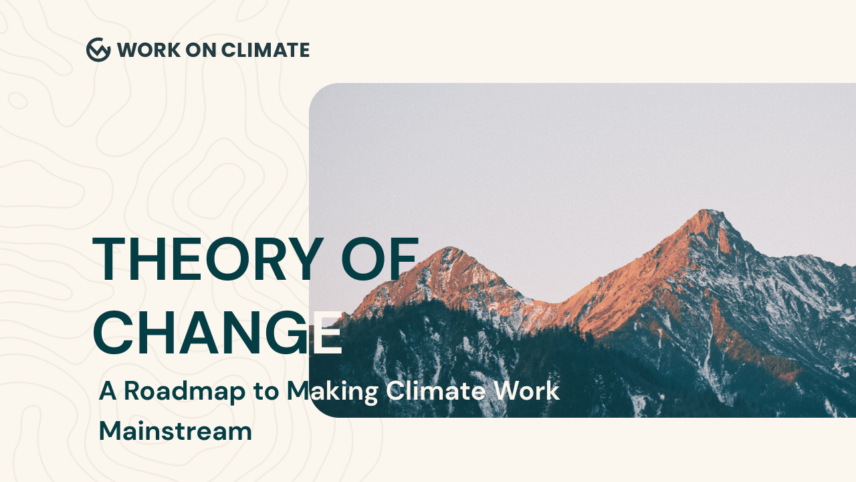
Podcast | Mar, 2025
Episode 73: Eugene Kirpichov, Work On Climate
What happens when a Google engineer walks away from a high-paying career to fight the climate crisis? He discovers a…

Podcast | Feb, 2025
Episode 72: Sue Abrams & Jerome Konecsni, ABAzyne Bioscience
In this episode, we explore the cutting-edge science helping farmers fight back against extreme weather. Marco sits down with Sue…
